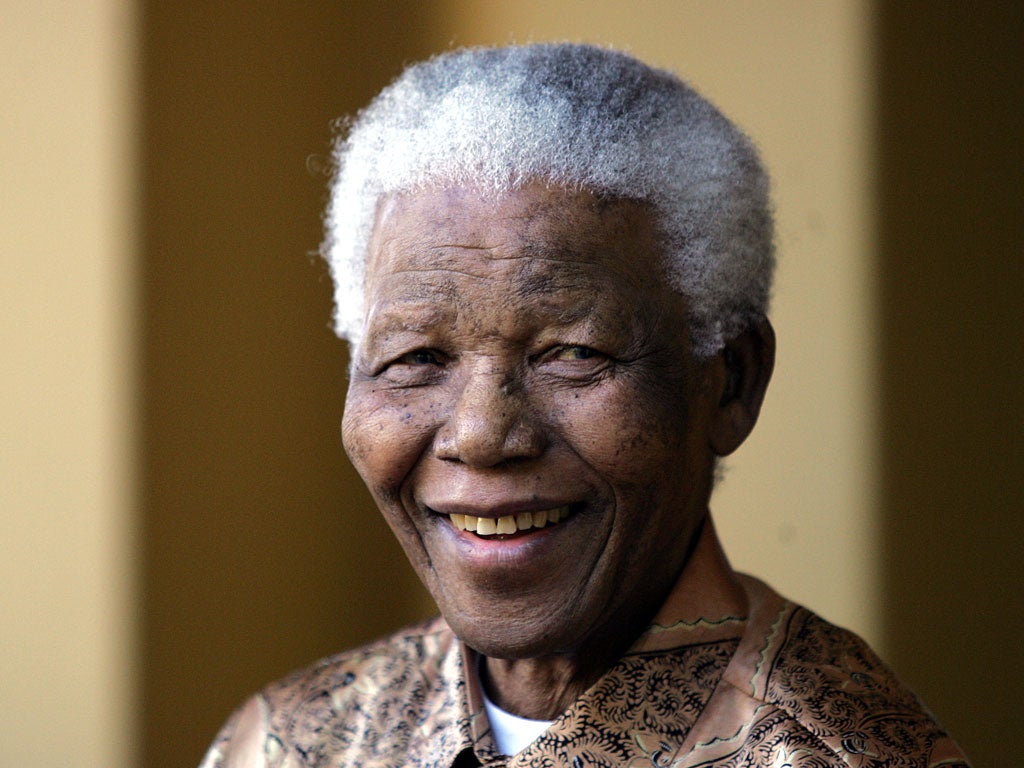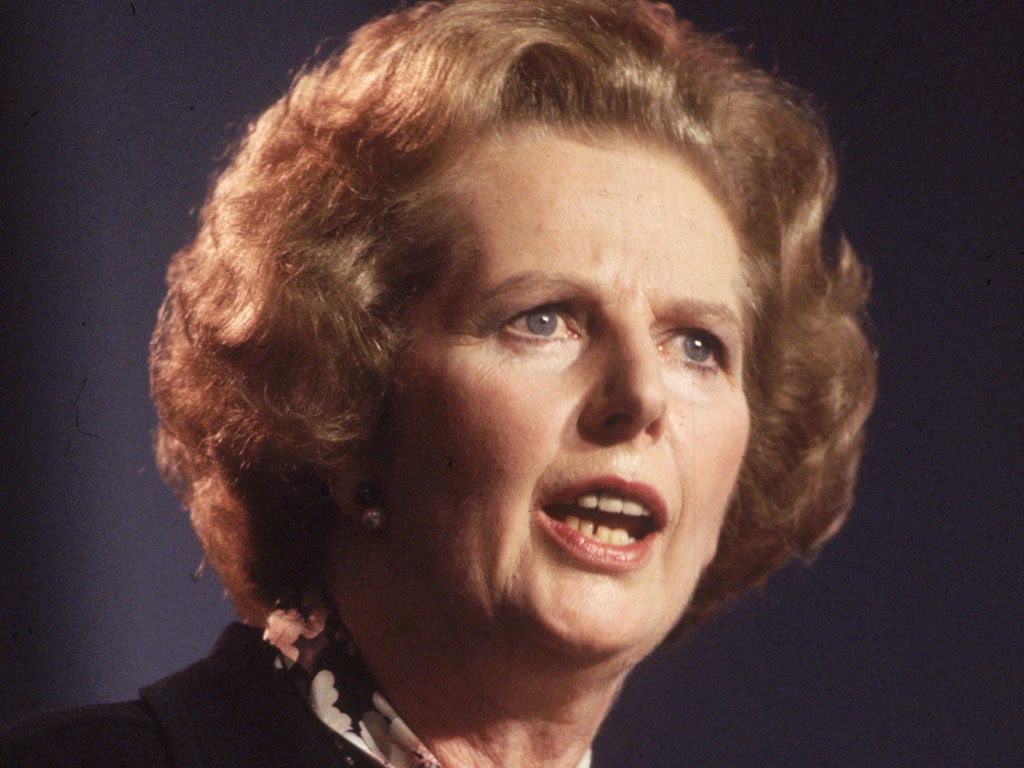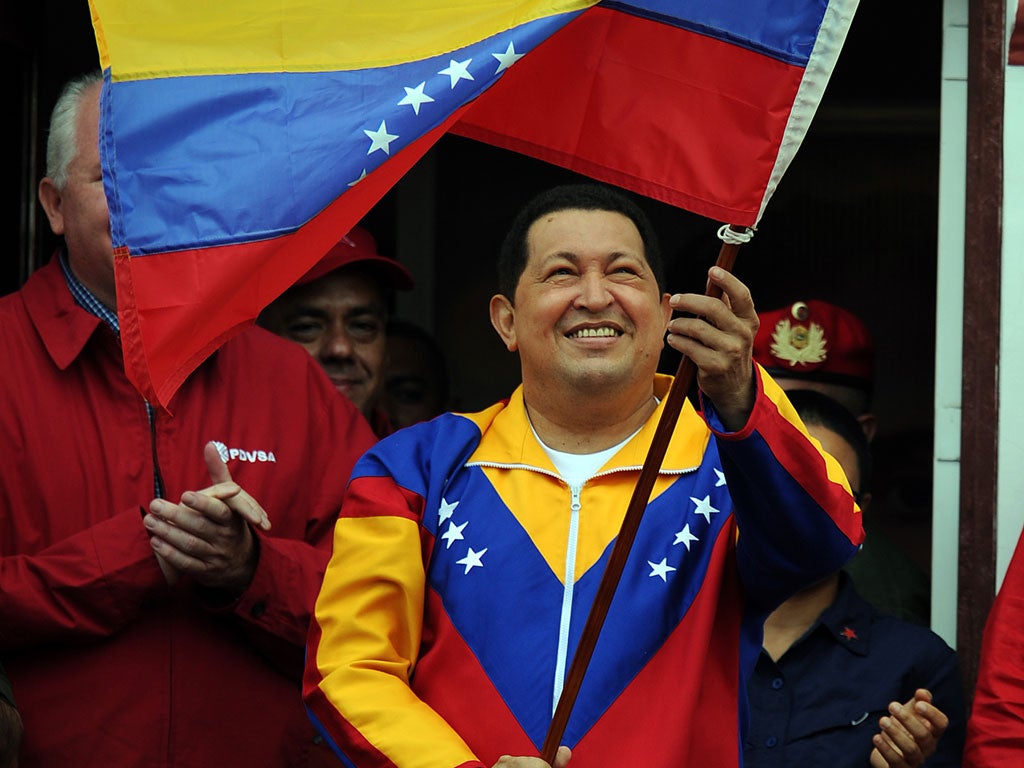Obituaries 2013: Those who left us in 2013
It was a year of especially significant departures in many fields. Here are a few of the most notable from 2013

Nelson Rolihlahla Mandela embodied not only enormous political sagacity but also an almost saintly capacity for magnanimity, forgiveness and reconciliation. Despite 27 long years in jail at the behest of his white enemies, his conduct and temperament, both inside and when he was eventually freed, earned him an unparalleled moral authority among blacks and whites alike.
Through his intelligence and charm, Mandela assumed leadership over not only his jailed comrades but also over many of the warders to whom he was unfailingly courteous but uncowed. Some became so friendly that when he was President of South Africa he invited them to his birthday party. On his release from prison he displayed no signs of bitterness or resentment. Instead, as he returned to the leadership of the ANC, he talked about the integrity of President de Klerk and the need to reassure white South Africans – something he did with huge self-control when his radical lieutenant Chris Hani was assassinated in 1993. Mandela addressed the nation to appeal for calm with the words: “Tonight I am reaching out to every single South African, black and white, from the very depths of my being.”
As President, and after his retirement, Mandela’s stature continued to grow. Through his humility, his self-sacrifice, his compassion and his sense of forgiveness he offered the model which transformed a society of racial division and oppression into an open democracy. His life was an inspiration to all who are oppressed and deprived, and to all who are opposed to oppression and deprivation. There was about him something to which the world aspired. It was as if we saw ourselves dimly reflected in his glory. Through his chains it was as if we were all enslaved, and through his extraordinary magnanimity he freed the world. Born 18 July 1918; died 5 December.
There has been no other leader quite like Margaret Thatcher in post-war Britain. No other post-war Prime Minister has been so admired or so reviled. She was the first woman to lead a major political party in Britain, the longest-serving Prime Minister of the 20th century, and almost the only Prime Minister whose name is synonymous with an ideology. “Thatcherism” remained in political diction when the holder of that name was an elderly, frail, lonely widow.

The Soviet news agency, Tass, dubbed her the Iron Lady – an insult that did her nothing but good. She was never much loved, though she would have liked to have been. She believed that she had a direct line to the British people, or at least the section of it from which she sprang: the hard-working, law-abiding lower middle class. Although she dominated her party and the government machine, her self-image was of an outsider battling with an inert establishment. Evening visitors to the flat above Downing Street would sometimes find her and her husband, Denis, watching the news, and grumbling about the state of the nation, wanting something done.
This outsider’s mentality made her admired – worshipped, almost – by members of the Conservative Party and its core supporters. Others felt grudging respect for her immense willpower. She was lucky in the choice of enemies that fate threw in her path– the Kremlin, Argentina’s General Galtieri, and the miners’ leader, Arthur Scargill, all unwittingly helped her from success to success. But to a very large minority of Britons – if not the majority – she was an increasingly unappealing embodiment of unfeeling middle-class self-righteousness who rode roughshod over sections of society. Born 13 October 1925; died 8 April.
Hugo Chavez was a 38-year-old lieutenant-colonel in 1992 when he tried to overthrow the Venezuelan government. He spent two years in jail, but he had struck a chord with the masses. In 1999, he was sworn in as President, democratically elected in a landslide vote.

In office he nationalised key industries, including oil, and ploughed much of the income into social-reform projects, literacy campaigns, subsidised-food programmes and land redistribution. Some 200,000 wealthy or middle class Venezuelans emigrated, taking with them tens of billions of dollars. Despite polarising the nation between the poor and the middle class and wealthy, he retained power through elections and referendums. He was diagnosed with pelvic cancer in 2011, undergoing surgery in Cuba in Decemeber 2012. Born 28 July 1954; died 5 March.
In his Nobel Prize acceptance speech delivered in Stockholm in 1995, Seamus Heaney recalled his first encounter with European languages via the radio in the kitchen of his wartime Co Derry home. Overhearing fragments of foreign sentences, he said, as the dial was moved from one station to another, “I had begun a journey into the wideness of the world... and it is that journey which has brought me now to this honoured spot.”
Heaney remained true to his origins, to his experiences as part of a minority. He remained true to the concept of neighbourliness transcending sectarian imperatives. Because of him, the worlds of his childhood, of his exemplary life, of Northern Ireland, of literature in general, are immeasurably enriched. “And afterwards, rust, thistles, silence, sky.” Born 13 April 1939; died 30 August.
Doris Lessing was, somewhat reluctantly, one of the 20th century’s great feminist heroines. Her 1962 novel The Golden Notebook was lauded as a key feminist text, although it was as much about femininity as feminism with its celebration of sexuality and the sensuality of pregnancy and motherhood.
She recommended that readers wishing to understand her life would be best advised to read her novels. Some of those novels tested the faith of her readers, since she refused to be categorised, moving away from “realistic” fiction to write science fiction, horror and adventure.
For her writing was a process of “setting at a distance”, of taking the “raw, the individual, the uncriticised, the unexamined, into the realm of the general”. And that was something she could never stop doing. Born 22 October 1919; died 17 November.
In the world of entertainment and the media, early promise does not always herald a lifetime of achievement. Yet David Frost, having burst into the nation’s consciousness as a satirist in his early twenties, was still in the public eye nearly half-a-century later. Not only was he talented in a variety of fields, but he proved adept in managing his affairs so that he remained in demand: an entrepreneur whose defining skill was the successful marketing of himself. He died of a heart attack on the Queen Elizabeth II cruise ship, where he was giving a speech.
Knighted in 1993, he had been awarded the OBE 23 years earlier, aged only 31, for his services to television. By the mid-1970s he had amassed seven major international industry awards, a number that would double before the end of his career. Born 7 April 1939; died 31 August.
Peter O'Toole was an actor who could make us marvel. Not only at his eccentricities and mannerisms, posturings and flamboyant temperament as a leader of the school of post-war, proletarian-minded acting which had no time for the West End’s traditional gentilities. He had something more within him than the insolence of the angry young men: resilience and courage, energy and an individuality that set him apart. He became the least conformist and finally, perhaps, the most happily old-fashioned of them all.
David Lean’s Lawrence of Arabia made O’Toole a star. His performance as T E Lawrence was irresistible, as Noël Coward remarked to him after the Royal Premiere in Leicester Square. If Lawrence had been as lovely to look at, “there would have been more than 12 Turks queueing up for the buggering session”. Born 2 August 1932; died 14 December.
While Bob Dylan has sold many more records, Lou Reed helped shape the past four decades of rock and pop just as much, if not more. With a novelist’s eye for detail, in the late Sixties he captured the demi-monde and the noir underbelly of his native New York as the leader of the Velvet Underground.
Forever described as the godfather of punk, alongside Iggy Pop, another artist whose career was furthered by David Bowie, Reed described his basic approach to guitar playing: “One chord is fine. Two chords are pushing it. Three chords and you’re into jazz.” The feedback feast that was 1975’s Metal Machine Music, perceived at the time to be a a joke gone too far, is now played by classical ensembles. “Music’s never loud enough,” he said. “You should stick your head in a speaker. Louder, louder, louder.” Born 2 March 1942; died 27 October.
Mel Smith leapt to fame on Not The Nine O’Clock News, and was one of the most energetic and consistently funny comedy performers of the 1980s. He should also be remembered for his passion for the stage and for his success as a film director. And for nurturing a wealth of young talent, so much of which has gone on to achieve things as great as Smith did himself. Born 3 December 1952; died 19 July.
Sir Anthony Caro had been anointed as heir apparent to Henry Moore by David Sylvester, but other critics were outraged by his metal assemblages displayed on the floor rather than on plinths. But he was never short of admirers, or of energy. At the age of 88 he designed both a massive public artwork for Midtown Manhattan and a gold kilo coin for the 2012 Olympic Games. Born 8 March 1924; died 23 October.
Once memorably described, to his amused satisfaction, as “the poet laureate of wild assholes with guns”, Elmore Leonard – bespectacled, slightly built and a fastidious dresser – conveyed an impression of scholarly asceticism somewhat at variance with his status as America’s leading crime writer. He wrote 45 novels and a number of screenplays in a career spanning more than 60 years. Born 11 October 1952; died 20 August.
Taking his large frame and sad eyes to television as the intense but vulnerable New Jersey mob boss Tony Soprano, James Gandolfini helped make The Sopranos one of television’s most influential programmes and a staple of popular culture. “I have small amounts of Mr Soprano in me,” he said, and he shared Tony’s appetite for eating, drinking and psychoanalysis. Born 18 September 1961; died 19 June.
Michael Winner was a prominent figure, if not a celebrated one, in British popular culture. He was a film-maker for more than 50 years, his biggest hit the 1974 revenge thriller Death Wish. Later, readers loved his splenetic restaurant columns. Sub-editors were bewildered about the failure of his reviews to fill the allotted space, then realised it was because he used “I” so much. Born 30 October 1935; died 21 January.
For most footballers, keeping goal in an FA Cup final with a broken neck would be the most traumatic event of their lives. But for the Second World War paratrooper Bert Trautmann, one of the finest goalkeepers in football history, a life-threatening interlude at Wembley was a trifle compared to what he had lived through already. He became one of the best-loved players of his generation. Born 22 October 1923; died 19 July.
Sir John Tavener was one of a select number of “serious” composers who in the 1980s and 1990s won something like a wide audience for contemporary art music. Yet his conviction of the spiritual purpose of music was serious and deeply traditional. He suffered much ill-health, and said: “I realised that the only way was to live at all risks, otherwise there is no point in living at all.” Born 28 January 1944; died 12 November.
Richard Griffiths invested comic parts with a twinkling sensitivity or a gentle pathos, and found in straight parts a sense of dignity and decency. His name was made as Monty, the predatory asthete in Withnail and I, but two roles cemented his place in screen history: the inspirational but tragic Hector in The History Boys and the cantankerous Uncle Vernon in the Harry Potter films. Born 31 July 1947; died 28 March.
The author of such literary novels as The Wasp Factory and Crow Road, Iain Banks was known for his narrative complexity and the darkness of much of his fiction but also for those flashes of humour that laced everything he wrote, even murder scenes. And there was a lightness in his science fiction writing, as Iain M Banks, even as he was dealing with big ideas and themes. Born 16 February 1954; died 9 June.
Also gone
- Ronnie Biggs, Armed robber
- JJ Cale, Musician
- Sir Henry Cecil, Racehorse trainer
- Tom Clancy, Author
- John Cole, Journalist
- Lewis Collins, Actor
- David Jacobs, Broadcaster
- Mick McManus, Wrestler
- Ray Manzarek, Musician
- Christopher Martin-Jenkins, Broadcaster
- Gussie Moran, Tennis player
- Cliff Morgan, Rugby union player and broadcaster
- Ken Norton, Boxer
- Ruth Prawer Jhabvala, Writer
- Reg Presley, Singer
- Frederick Sanger, Biochemist
- Stan Tracey, Musician
- Alan Whicker, Broadcaster
Join our commenting forum
Join thought-provoking conversations, follow other Independent readers and see their replies
Comments
Bookmark popover
Removed from bookmarks